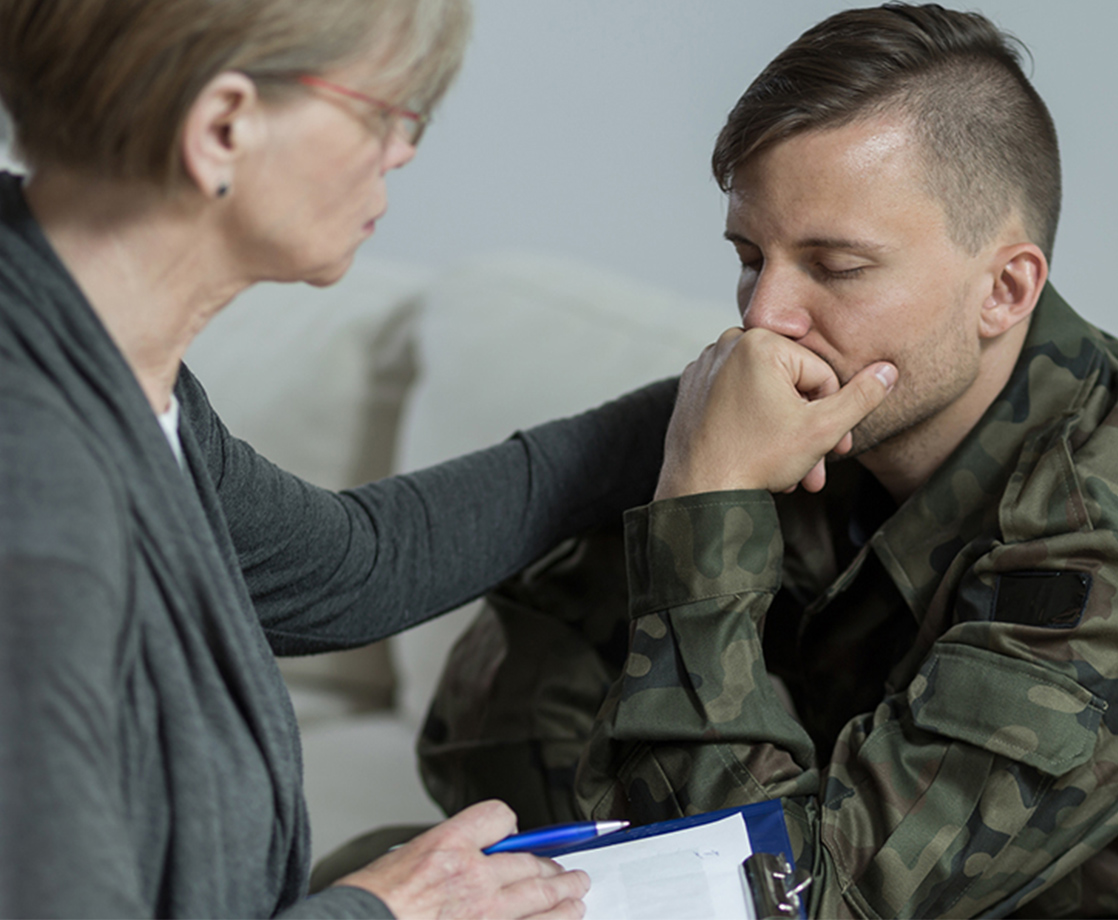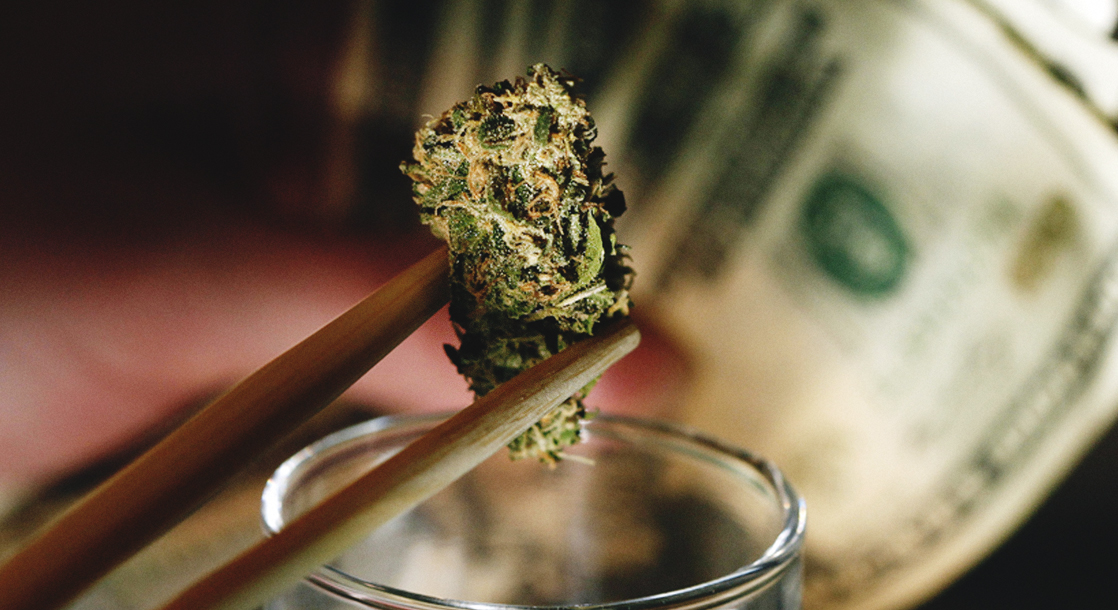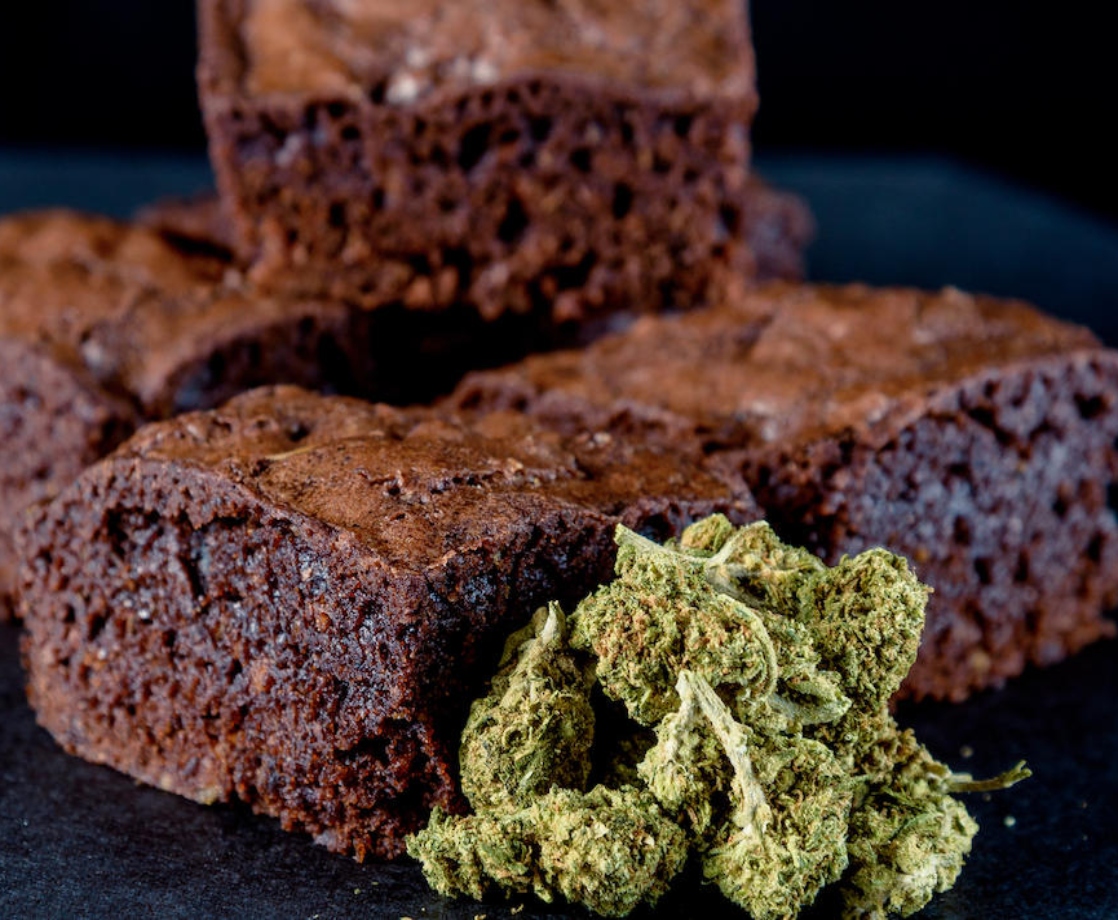America's military veterans will be required to take cannabis use into their own hands for the foreseeable future, with no help from the Department of Veterans Affairs. In a response to congressional pleas for research into the effects of medical cannabis on post-traumatic stress disorder (PTSD) and chronic pain, VA Secretary David Shulkin rejected the still-controversial plant, going as far as to claim that cannabis use could influence "suicide risk, mania, or psychosis."
According to Stars and Stripes, House Democrats sent a letter to Secretary Shulkin in October 2017, urging the VA to reconsider their cannabis policy and begin researching cannabis as an alternative treatment to opioid painkillers and prescription mood stabilizers. In his response, dated in December but made public on Tuesday, Shulkin cites federal prohibition and an incredibly flawed "Department of Veterans Affairs Medical Marijuana Facts Sheet" to reject the all-natural treatment.
Without citing any actual studies, Shulkin's approved "fact" sheet states: "No studies examined the effects of cannabis use on suicide risk, mania, or psychosis in patients with chronic pain or PTSD, but review and analysis of epidemiological studies in general populations found significantly increased odds of suicide; an increased incidence of new-onset mania among populations without a diagnosis of bipolar disorder; and low-strength evidence of an association between cannabis use and development of psychotic symptoms."
Upset with the untimely manner of Shulkin's response and its insulting characterization of cannabis use, the Congressional Committee on Veterans' Affairs fired back quickly, admonishing the VA's ignorant stance.
"While we share your dedication to improving the care of veterans with chronic pain and PTSD, we are concerned VA has not explored all treatment options," lawmakers wrote to Secretary Sulkin in a letter dated Tuesday, January 16th. "We urge you to join us and the 90% of veterans who are in favor of VA research into medical cannabis."
Lead by Minnesota Congressman Tim Walz, the Committee on Veterans Affairs called out Shulkin's provided fact sheet for cherry picking anti-cannabis studies and ignoring research about cannabis treatment for opioid addiction. "The 'facts' listed in the attachment are misleading and seemingly biased," the letter to Sulkin said.
Despite the Congressional pressure, Shulkin's latest cannabis rejection is just one in a long line of prohibitionist protocols from the federally funded Department of Veterans Affairs. The House of Representatives Committee on Veterans' Affairs joins a long list of rejected groups, including the American Legion, federally-funded scientists and cannabis advocacy groups like Weed for Warriors, all of whom have lobbied the VA to change their anti-cannabis stance.
But even as NPR reports that branches of the military are softening their attitude towards cannabis and allowing past users to enlist, soldiers returning home from war are required to pursue black market cannabis or federally-sanctioned pharmaceuticals to help heal combat's lasting wounds.
"It's this combination, this wonder drug," Weed for Warriors president Sean Kiernan told MERRY JANE in November. "We talk about whole-plant therapy, and why it's so important. It's the entourage effect: CBN can put you to sleep, THC can give you euphoria, CBD is anti-inflammatory. With the entourage effect, it can replace 28 to 30 pills. There's so many subparts to the plant. It's nature's medicine, used in so many cultures, and our government can't seem to acknowledge it."
In their letter to Shulkin, the Congressional Committee once again reiterated their request for VA research into medical cannabis, suggesting Shulkin detail any ways in which Congressional action could hasten the cannabis research process and change his poorly-informed anti-cannabis stance by February 1st.
Follow Zach Harris on Twitter











